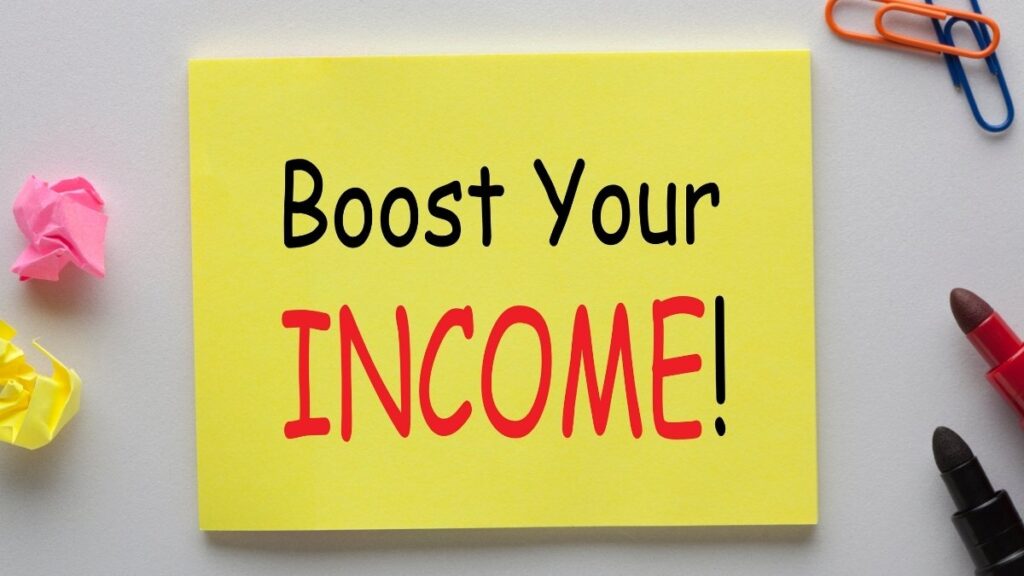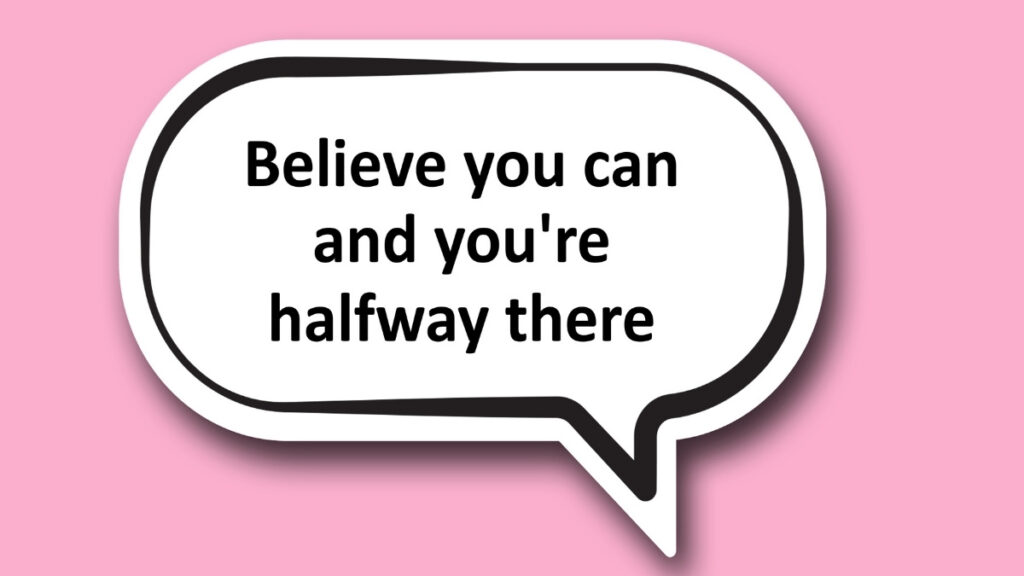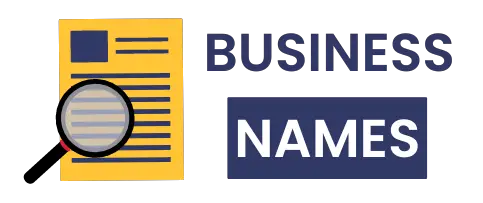At 3 AM, I found myself on my bathroom floor, gasping for air as my heart pounded against my chest. The credit card statement in my trembling hands showed a balance that made my stomach drop—again. If this sounds familiar, you’re far from alone.
Recent data reveals that 87% of Americans feel anxious about their finances in 2025, with 79% reporting increased anxiety since the year began. Most shocking? Nearly half of Millennials and Gen Z have experienced financially-related panic or anxiety attacks just like mine.
In this comprehensive guide, I’ll share how financial stress panic attacks happen, the 8 proven strategies I used to break free from crippling money anxiety, and current tools available in 2025 that actually provide financial stress relief. You’ll discover how to build lasting financial stability while protecting your mental health—because your wellbeing is worth more than any balance sheet.
When Money Makes You Panic: How to Stop Financial Stress From Ruining Your Life
Your heart races. Your palms sweat. You can’t catch your breath. The payment notification just popped up on your phone, and your body thinks you’re being chased by a lion. Sound familiar? You’re not alone in this fight.
Your 90-Day Recovery Journey
Transform Financial Panic Into Financial Peace
Success Indicators
Start Today!
Take your first step toward financial peace
Financial stress hits your brain the same way a physical threat does. Your body can’t tell the difference between a charging bear and a credit card bill. When money worries take over, your nervous system goes into full panic mode. This creates real physical symptoms that feel scary and overwhelming.
Here’s what most people don’t know: 70% of Americans deal with money anxiety more than once per week. Over half lose sleep because of financial stress. The average American carries $104,215 in debt across all types. Your panic attacks about money aren’t a personal failure – they’re a normal response to real pressure.
Why Your Brain Treats Money Like a Tiger
Money stress triggers panic because your brain sees financial problems as survival threats. When you worry about paying rent or making car payments, ancient alarm systems activate. Your body floods with stress hormones. Your heart pounds, you sweat, and breathing becomes difficult.

Social media makes this worse. About 20% of adults feel bad about their finances after scrolling through feeds. For younger people, that number jumps to 30%. Seeing others’ highlight reels while you’re struggling creates extra shame and worry.
The worst part? When anxiety damages your mental health, handling money becomes even harder. You avoid checking account balances. Bills pile up unopened. Decision-making gets cloudy. This creates a downward spiral that feels impossible to escape.
Quick Reality Check:
- 54% of Americans stress about money at least 3 days per week
- Gen Z reports the highest financial anxiety levels
- 53% of people with money worries can’t sleep well
My $50,000 Wake-Up Call
Let me tell you about the night I almost lost it completely. I was lying in bed at 2 AM, heart hammering against my chest. A payment reminder had buzzed my phone, and suddenly I couldn’t breathe. Fifty thousand dollars in debt felt like a mountain I’d never climb.

The panic wasn’t just about the number. It was about avoiding bills for weeks because opening them hurt too much. It was about jumping every time my phone buzzed with bank notifications. My relationship was falling apart from constant money fights. Work suffered because I couldn’t focus on anything except the growing pile of debt.
That night, something clicked. The panic attack wasn’t going to pay my bills. Hiding wasn’t making the debt disappear. I needed a real plan, not just hope that things would magically improve. The fear was valid, but it couldn’t be the boss anymore.
Warning Signs I Ignored:
- Avoiding financial conversations completely
- Physical symptoms when thinking about money
- Relationship problems due to money stress
- Work performance dropping from constant worry
Strategy #1: Stop the Financial Bleeding Right Now
When you’re in financial panic mode, you need emergency care first. Don’t try to create the perfect budget or plan your entire financial future. Focus on stopping the immediate crisis. Think of this like first aid for your money situation.

Download a simple app like YNAB or PocketGuard today. Spend 10 minutes entering your basic income and expenses. You need to see where your money actually goes, not where you think it goes. Most people are shocked by what they discover in this step.
Create a 72-hour rule for major money decisions. When panic hits, your brain can’t make good choices. Write down the decision you want to make, then wait three days. Call the Crisis Text Line if you need immediate emotional support. They’re free and available 24/7.
Practice the 4-7-8 breathing technique when financial panic strikes. Breathe in for 4 counts, hold for 7, breathe out for 8. Repeat this 4 times. It activates your body’s calm-down system and gives your rational brain time to come back online.
Emergency Toolkit:
- National Foundation for Credit Counseling: Free 24/7 support
- Crisis Text Line: Text HOME to 741741
- PocketGuard app: Shows exactly what you can spend safely
- 4-7-8 breathing: Works in under 2 minutes
Strategy #2: Build Your Daily Defense System
You need tools that work when anxiety hits hard. Mindful spending can cut financial worry by 40%, but you have to practice it regularly. This means paying attention to how you feel before, during, and after money decisions. Notice your triggers before they explode into full panic.

Schedule a weekly “money date” with yourself. Pick the same time every week to review your finances for exactly 30 minutes. This prevents obsessive daily worry checking. Set a timer and stick to it. When money thoughts pop up during the week, remind yourself you’ll handle it during your scheduled time.
Create a panic attack action plan before you need it. Write down exactly what you’ll do when financial anxiety hits. Include breathing exercises, who to call, and reminders that the feeling will pass. Keep this list on your phone and practice it when you’re calm.
Tell someone about your money goals. People who share their financial plans with others are 72% more likely to succeed. Pick someone who won’t judge you but will check in on your progress. This creates accountability without shame.
Daily Tools That Work:
- Financial gratitude practice: Name 3 money-related things you’re thankful for
- The “worry time-box” method: Set 15 minutes daily for money concerns
- Headspace app: Has specific meditations for financial anxiety
- Local Financial Empowerment Centers: Free face-to-face support
Strategy #3: Attack Debt Without Losing Your Mind
Most debt advice ignores how you actually feel about money. The math says pay off high-interest debt first, but your emotions might need different wins. You need a method that works with your psychology, not against it.

List your debts by how much they stress you out, not just by interest rate. Sometimes paying off a small, nagging debt first gives you momentum to tackle bigger ones. The goal is building confidence and creating positive money experiences while you work on the larger picture.
Set up automatic payments for minimums plus an extra $50 on your target debt. Use apps like EveryDollar or Monarch Money to automate this process. Automation removes daily decision fatigue and prevents you from spending that money on other things. You’ll make progress without thinking about it constantly.
Create visual progress tracking that you can see daily. Use a simple chart, app, or even a thermometer drawing on your fridge. Celebrate small wins – even $100 in debt payoff deserves recognition. These celebrations rewire your brain to associate debt payment with positive feelings instead of deprivation.
Action Steps That Work:
- Rank debts by emotional impact, not just math
- Automate minimum payments plus extra amount
- Use debt avalanche calculators from major banks
- Plan specific celebrations for milestones
Strategy #4: Boost Your Income Without Burning Out
Extra income can relieve financial pressure, but only if you approach it smartly. About 39% of Gen Z already work multiple income streams. The key is finding opportunities that fit your existing skills and schedule. Don’t chase every shiny opportunity that promises quick riches.

Look for remote freelancing work that uses skills you already have. Platforms now offer AI assistance to help you create better proposals and manage clients. Local service businesses also benefit from app-based booking systems that didn’t exist five years ago. Think dog walking, house cleaning, or lawn care with modern scheduling tools.
Consider creating digital products or offering tutoring in subjects you know well. The barrier to entry is lower than ever in 2025. However, avoid anything that sounds too good to be true. Multi-level marketing schemes and “get rich quick” promises usually cost more than they pay.
When extra money starts coming in, resist lifestyle inflation. Put at least 50% of new income toward debt or savings before you get used to spending it. This prevents you from creating new financial stress while trying to solve existing problems.
2025 Income Opportunities:
- Freelancing with AI-assisted platforms
- Local services with app-based booking
- Online tutoring and skill-sharing
- Digital product creation and sales
Red Flags to Avoid:
- Promises of easy money with no work
- Upfront costs to start earning
- Pressure to recruit others
- Unrealistic income claims
Strategy #5: Save Money Without Feeling Deprived
Only 39% of Americans can cover a $1,000 emergency without borrowing money. Building an emergency fund feels impossible when you’re already stretched thin, but you can start smaller than you think. Even $5-10 per week builds momentum and reduces anxiety about unexpected expenses.

Open a separate savings account and name it something meaningful like “Peace of Mind Fund” or “Crisis Shield.” Physical separation makes you less likely to spend this money on regular expenses. Many online banks offer high-yield savings accounts that grow your money faster than traditional banks.
Use round-up programs through apps like Acorns to save automatically. Every purchase rounds up to the next dollar and saves the difference. You won’t miss small amounts, but they add up quickly. Set up automatic transfers for the same day you get paid, so saving happens before you can spend the money.
Track your progress visually using apps or simple charts. Seeing your fund grow creates positive momentum and reduces anxiety about financial emergencies. Celebrate milestones – even reaching $100 in savings is a real achievement that deserves recognition.
Savings Psychology Tricks:
- Name your emergency fund account something personal
- Use automatic round-up savings programs
- Allocate tax refunds directly to emergency fund
- Set up “pay yourself first” automatic transfers
When to Get Professional Help
Sometimes self-help isn’t enough, and that’s completely normal. If financial anxiety is affecting your sleep, work, or relationships for more than a few weeks, consider getting professional support. Many services offer free initial consultations to help you understand your options.

The National Foundation for Credit Counseling (NFCC) and GreenPath Financial Wellness both offer free counseling services. Capital One’s Money & Life Program is free to everyone, not just their customers. Local Financial Empowerment Centers provide face-to-face support in many cities.
Before your first appointment, gather basic financial documents like bank statements and debt information. Write down your specific goals and biggest concerns. Be completely honest about your financial situation – counselors have seen it all and won’t judge you.
Watch out for red flags like upfront fees, pressure to sign up immediately, or promises that sound too good to be true. Legitimate credit counseling should be educational and supportive, not sales-focused.
Free Resources That Actually Work:
- National Foundation for Credit Counseling (NFCC)
- GreenPath Financial Wellness: 844-477-6520
- Capital One’s Money & Life Program
- Crisis Text Line: Text HOME to 741741
Your 90-Day Recovery Plan
Change happens gradually, then suddenly. This plan breaks your financial anxiety recovery into manageable chunks that build on each other. Don’t try to do everything at once – that leads to overwhelm and giving up.

Days 1-30: Stop the Crisis Set up basic tracking with a budgeting app. List all your debts with balances and minimum payments. Research one income-boosting opportunity. Tell one person about your financial goals. Practice daily breathing exercises when money stress hits.
Days 31-60: Build Momentum Start your weekly money dates. Set up automatic payments for debt reduction. Begin micro-saving with round-up programs or small weekly transfers. Connect with a free financial counseling service if needed. Track your anxiety levels weekly on a 1-10 scale.
Days 61-90: Create Long-Term Systems Review and adjust your strategies based on what’s working. Plan celebrations for reaching your 90-day goals. Set up systems for ongoing progress monitoring. Build your support network with people who understand your financial journey.
Weekly Check-Ins:
- Anxiety level (1-10 scale)
- Progress toward debt reduction goals
- Emergency fund growth
- Income opportunities explored
You’re Not Broken, You’re Human
Financial anxiety affects 87% of Americans. Your panic attacks about money are real, valid, and treatable. The physical symptoms you experience are your body’s normal response to genuine stress. You’re not failing at life – you’re dealing with a challenging situation that most people face.

The tools available in 2025 make financial recovery more accessible than ever before. Free apps, counseling services, and educational resources give you options that previous generations didn’t have. Small, consistent actions create lasting change better than dramatic overhauls that burn you out.
Your financial situation doesn’t define your worth as a person. Recovery takes time, and setbacks are normal parts of the process. Be patient with yourself while staying committed to forward progress.
Start today with just one action. Download a budgeting app, call a free credit counseling service, or practice the 4-7-8 breathing technique the next time money stress hits. Your future self will thank you for taking the first step.
The panic attacks will fade. The debt will shrink. Your confidence will grow. But it starts with one small action taken today, not tomorrow.

